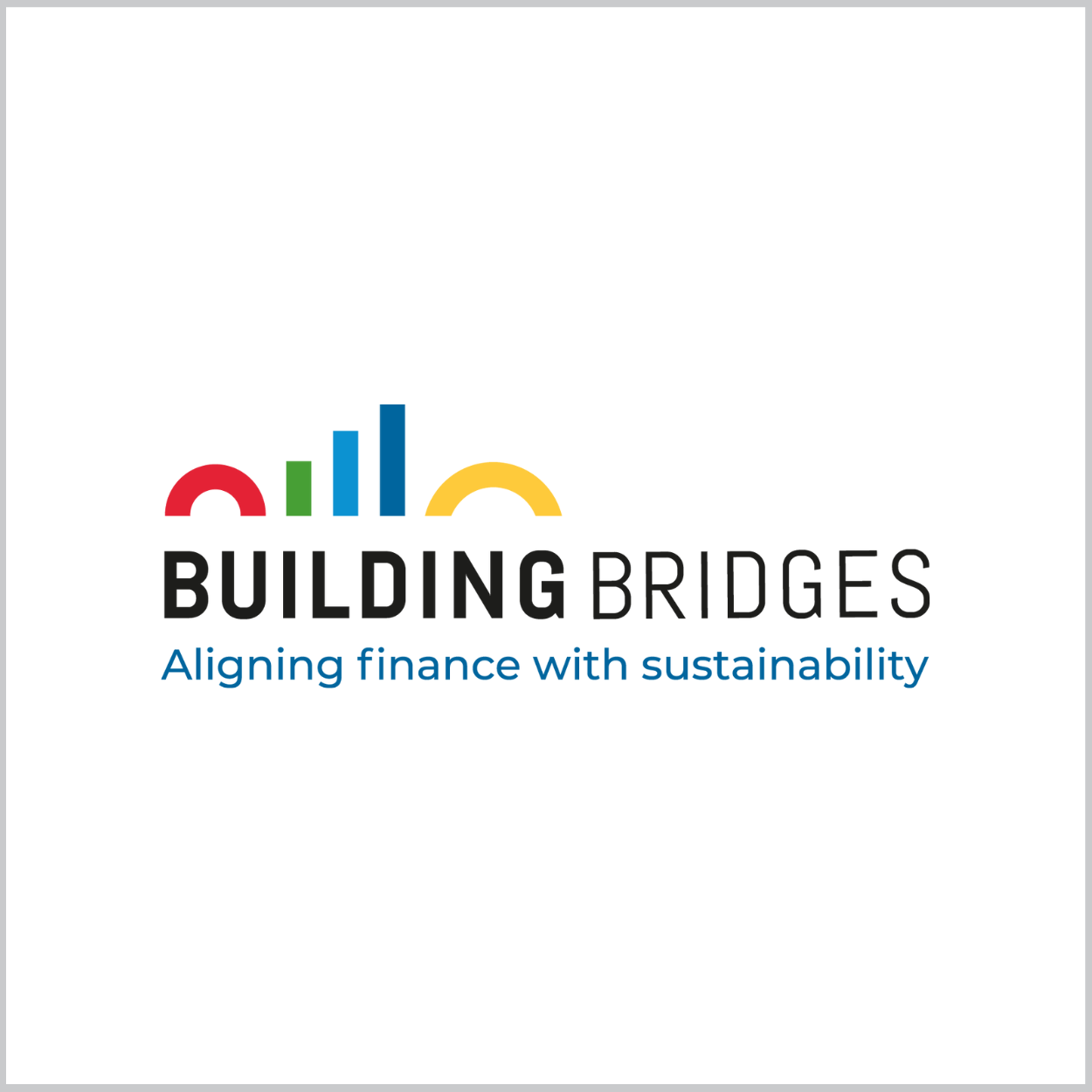Reflecting on Building Bridges 2024
What set this edition apart was not only the remarkable engagement, but also the launch of a new way to carry these conversations beyond Geneva: the inaugural season of The Geneva Connection podcast.
Season One — "Building Bridges 5th Edition: Pushing Boundaries, Inspiring Change" — transformed the Summit's central themes into five accessible, expert-led discussions. Together, they extended the reach of Building Bridges, ensuring that the insights forged in Geneva now resonate across the global sustainable finance community.
Our opening episode captured the essence of Building Bridges as a movement. Patrick Odier, Chairman of the Foundation, outlined the strategic vision, showing how Building Bridges has become a catalyst for uniting diverse stakeholders. Karen Hitschke, CEO, emphasised the importance of turning dialogue into measurable action through cross-sector collaboration. August Benz highlighted Switzerland's unique position as a hub of transparency, governance, and innovation — and its potential to lead international efforts in embedding sustainability into financial systems.
Nature finance was a defining theme of 2024, signalling a shift from a narrow focus on CO₂ to a broader recognition of ecosystems as economic assets. André Hoffmann, drawing from The New Nature of Business, made the case for integrating biodiversity into corporate strategies. Mark Halle quantified the scale of the opportunity, pointing to $10.1 trillion in potential economic gains by 2030 if biodiversity is preserved. Adding a powerful societal dimension, Xiye Bastida stressed the importance of indigenous knowledge and youth activism in shaping nature finance strategies that are equitable and effective.
The Society in Finance theme explored how finance can address systemic inequalities while protecting the planet. Delilah Rothenberg examined how financial systems either perpetuate or reform wealth disparities. James Mwangi offered solutions, showing how technology can drive financial inclusion, particularly for women and underserved communities. Jean Pesme broadened the view to the global level, pointing to the $4 trillion annual SDG financing gap and the partnerships required across governments, the private sector, and civil society to close it.
Transition finance emerged as one of the most urgent and complex challenges. The global economy must mobilise around $4–4.5 trillion annually by 2030 to reach net-zero targets. Adrian Schatzmann explained how asset managers are tackling sectoral priorities while safeguarding against greenwashing. Anja Hannerz focused on linking capital flows with real-world decarbonisation, particularly for corporations and SMEs. From the policy perspective, Helena Viñes Fiestas highlighted the EU's Green Deal and its ambition to mobilise €1 trillion by 2030, underscoring the importance of balancing climate ambition with social equity.
The season closed by charting the evolution of impact investing into a mainstream necessity. Dimple Sahni addressed the challenge of embedding impact frameworks directly into capital allocation. Yuko Takano discussed transparency, accountability, and the role of innovative instruments like green bonds. Kostis Tselenis added the venture capital perspective, showing how mission-driven startups in climate tech, the circular economy, and social innovation can scale while still delivering competitive returns.
What emerged from both the Summit and the podcast was clear: Building Bridges is more than an event — it is a movement. By convening stakeholders across finance, policy, business, and civil society, it creates the conditions for systemic change and mobilises capital for impact at scale.
As the fifth edition closed, the urgency of realigning finance with nature-positive, equitable outcomes was undeniable. Yet the season's conversations also underscored the opportunities ahead: from biodiversity-driven growth to inclusive finance and large-scale transition pathways.
Looking Ahead: Building Bridges 2025
From 30 September – 2 October 2025, Building Bridges returns to Geneva for its sixth edition at a pivotal moment for sustainable finance. With urgency and complexity only deepening, the Summit will continue to spotlight scalable solutions that address systemic risks and unlock long-term value.
Season 3 of The Geneva Connection will once again capture these conversations, extending their impact to a global audience. Just as the first season transformed Summit discussions into accessible dialogues, the next will push boundaries further — ensuring the voices, ideas, and partnerships forged in Geneva continue to inspire action worldwide.
Save the date, and join us as we keep building bridges — and shaping the future of finance.
"What’s so powerful about Building Bridges is how it overcomes barriers between worlds that rarely interact — from NGOs and corporates to startups, banks, and the UN. Seeing these groups start speaking the same language and moving from dialogue to concrete collaboration is what makes this movement unique. If we don’t work across sectors, we won’t solve the complex challenges we face — but together, we can."
Karen Hitschke


